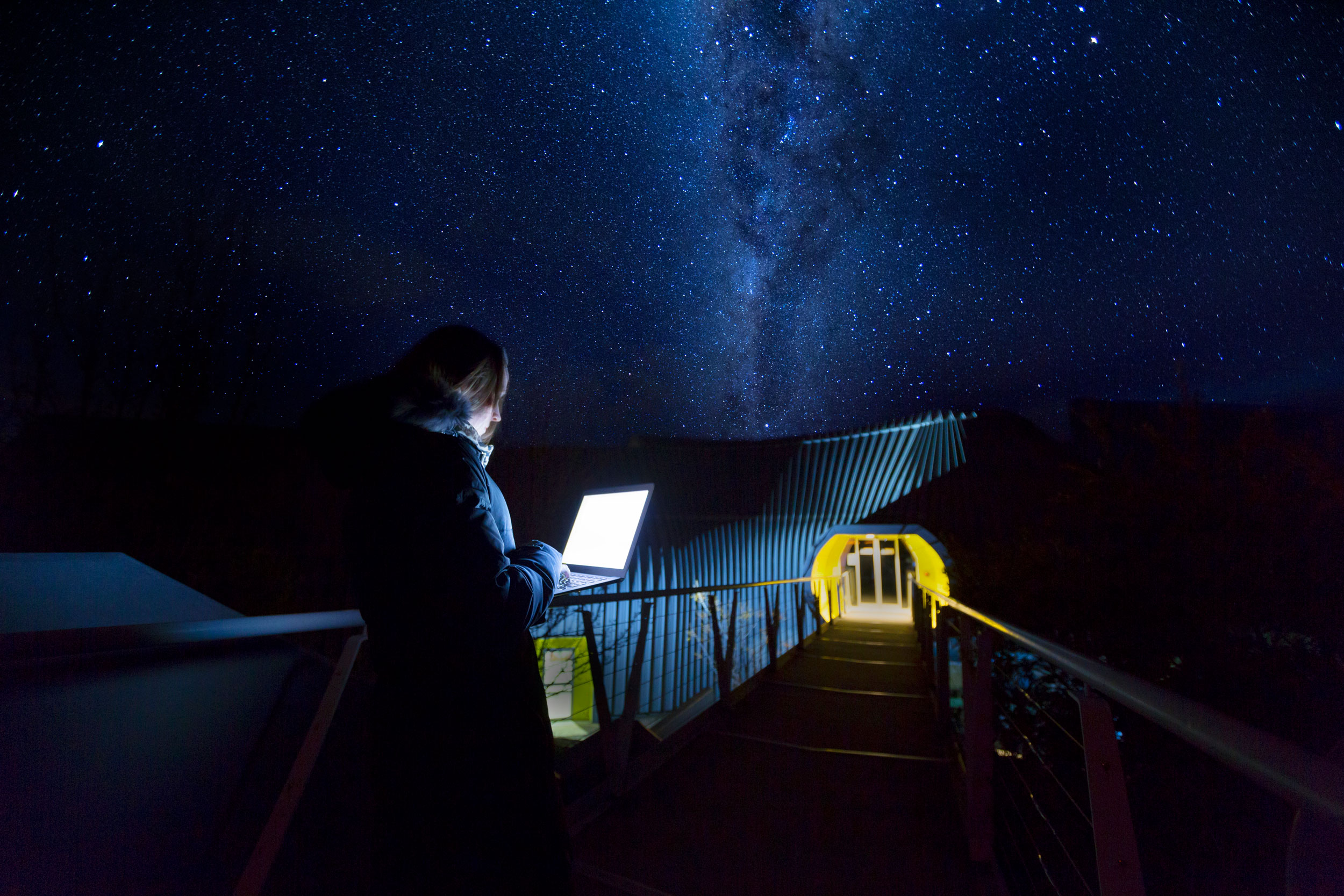
STEMM Guest Lecture Series
Body
Welcome to our 2024 STEMM Guest Lecture series comprising masterclasses delivered by leading ANU academic experts and researchers.
Each guest lecture focuses on a different discipline area and highlights some of the leading research work being done across the ANU. Participants are expected to have some level of background knowledge (and ideally, would have completed some university-level courses) in the subject area of each lecture.
Presented by the ANU College of Science and Medicine and the ANU College of Systems and Society.
Contact
Past events

The first step in ribosome biogenesis is the transcription of ribosomal RNA genes (rDNA) that encode the ribosomal RNAs, which form the nucleic acid backbone of ribosomes and is therefore essential for protein translation and consequently cell growth and proliferation. Presented by Dr Nadine Hein.

The changing climate presents a significant threat to health risk factors and the capacity of healthcare providers to deliver quality and timely services.
Presented by Dr Nyoman Sutarsa

There is no question that heatwaves and extreme heat events are increasing in frequency, intensity and duration.
Presented by Dr Nicole Vargas
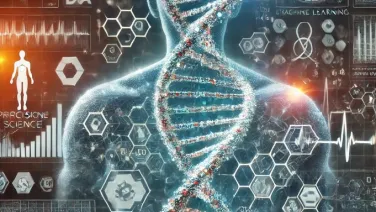
Widespread application of genome data to better understand human genetic diseases has provided so much information that the field of genetics is now very much a data science. Presented by Dr Dan Andrews

Looking at the universe through the Earth’s atmosphere is, for an astronomer, like viewing an art masterpiece from the bottom of a swimming pool. Presented by Dr Noelia Martinez Rey

Imagine a world where we can treat cancer with pinpoint accuracy, targeting only the cancer cells and leaving healthy cells untouched. Presented by Associate Professor Tamas Fischer & Associate Professor Marian Burr.
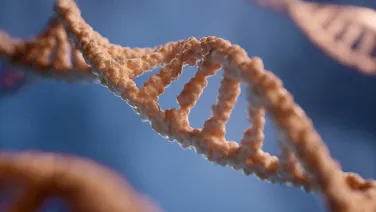
Computational modelling and detection of families of deeply conserved RNA structures in vertebrates.
We have previously developed the EvoFam computational pipeline [1,2] for detecting paralogous families of structured cis-regulatory regions transcriptome-wide in mammals, using mutational information across deep vertebrate alignments. Presented by Dr Brian Parker

Loneliness is one of the strongest predictors of poor health.
Presented by Professor Tegan Cruwys
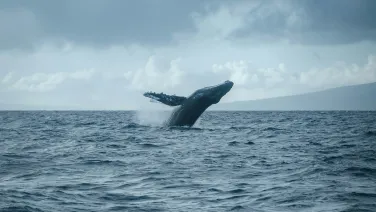
I will present the MegaMove project resulting from a unique transdisciplinary collaboration between 378 biologists, ecologists, physicists, oceanographers and modelers , as a pathway to answer this topical question with a focus on marine megafauna. Presented by Dr Ana Sequeira

As the global climate changes the relationship between human health and the climate is becoming more obvious, challenging traditional approaches to health and medicine. Presented by Dr Arnagretta Hunter

Through the recording and then analysis of seismic data, which can originate from earthquakes, ocean waves, or man-made sources, seismologists determine the structure of the Earth from the surface down to the core. Presented by Professor Meghan S. Miller.

Body image concerns are prevalent globally, and have significant impacts on health and well-being. Presented Dr Kristen Murray

The lecture will include COVID-19 vaccine types, mRNA vaccine formulation. Presented by Prof Thomas Preiss.
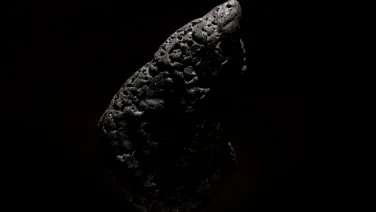
The extraordinary properties of 3D materials found in nature, including gecko fingerprints, nacre, bone, and other biological materials, place the synthesis and understanding of hierarchical structures at the leading edge of research. Presented by Dr Lucy Gloag

Melting ice sheets and mountain glaciers are contributing significantly to global sea level rise. But how much are they contributing, how do we measure this, and do independent measurements agree?
Presented by Dr. Rebecca McGirr
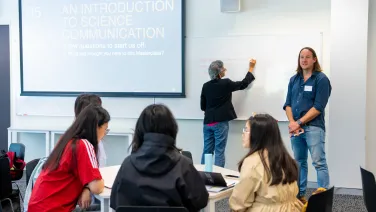
The panel will discuss their research and experiences in science communication and their careers as effective communicators, practitioners, researchers, or educators in the field. With Anna-Sophie Jürgens, Graham Walker, Merryn McKinnon, Rini Astuti.
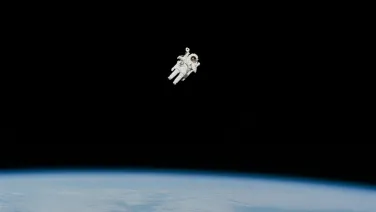
The Universe as we know it was formed in what we call the Big Bang, and has been expanding ever since.
Presented by Prof Brian Schmidt

Scientists have long sought to understand the origins of biological complexity, including what makes us, as humans, such complex beings.
Presented by Prof Lara Malins

AI continues to attract significant attention across a broad frontier of application areas of commercial interest motivating a massive investment in research and development.
Presented by Prof John Taylor

Heatwaves have increased in their frequency, intensity and duration in the observational record.
Presented by Professor Sarah Perkins-Kirkpatrick

Health policies and services developed by people working from a lived experience perspective are more relevant to patients, lead to more effective use of health resources, and are considered more trustworthy .
Presented by Dr Brett Scholz

About 85% of the matter and energy in the universe is in the form of some unknown dark matter or dark energy. It was hoped that the nature of this would be discovered by particle accelerators like the Large Hadron Collider. Until now, however, no hints of dark matter have been observed. Presented by Professor Ben Buchler

The past decade has seen a rapid emergence of network models of psychopathology which challenge the existing latent variable explanations of psychological disorders.
Presented by Associate Professor David Berle
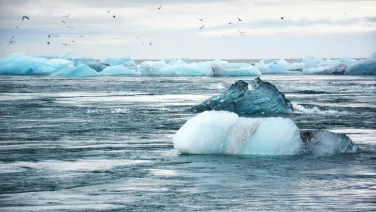
Melting of ice sheets adds water into the ocean basins. The corresponding rise in sea level is, however, by no means spatially uniform.
Presented by Dr. Mark Hoggard

Food systems and food security research present numerous opportunities for multidisciplinary science.
Presented by Dr Steve Crimp

Scientists have long sought to accelerate the pace of scientific discovery. Traditional methods, while rigorous, can be slow and resource-intensive.
Presented by Dr. Jo Ciucă.

Discover the future of medicine.
Presented by Prof. Adam Perriman.

Electricity contributes a third of the world’s greenhouse gas emissions. Solar photovoltaics and wind generation are now the lowest cost sources of new electricity capacity, and Australia is leading the world with rate of uptake of these renewable generators.

Many famous Sci-Fi movies feature artificial intelligence (AI) or robots going mad and killing all the humans. But in reality, AI is the only way we, as humans, are going to be able to cope with an increasingly digitised world...

Genomics sequencing has created opportunities and challenges to gain new insights in biology and biomedical research.
Genome sequencing data usually consists of millions or billions of short DNA sequences, called reads, that are randomly drawn from genomes.

The price of renewable electricity has dropped lower than the price of conventional electricity in recent years. Globally, solar and wind now account for more than half of new electricity capacity. This masterclass will give an overview of the astonishing growth in renewables that we’ve seen to date, and discuss what we can expect for the future.

The majority of Earth’s volcanism is concentrated at tectonic plate boundaries, where plates move away from one another to create mid-ocean ridges, or where one plate slides beneath another to form a subduction zone.

Early assumptions that the secret to complexity was tied up in our DNA led to one of the most surprising outcomes of the Human Genome Project—that we have far fewer genes than many other seemingly simple organisms! This talk will explore the hypothesis that the true origin of biological complexity lies in our proteins and their intricate chemical structures.

What do the Portuguese explorer Vasco da Gama (1460-1524), the Italian painter Caravaggio (1571-1610) and the English poet Lord Byron (1788-1824) have in common? They all died of malaria!

While we'd like to think our knowledge of plate tectonics allows us to confidently identify the sources of large, destructive tsunamis, this isn't always the case. This is particularly true for Indonesia, the world’s largest archipelagic country in Earth’s most active tectonic region,...

In most low and middle income countries a profound transition is underway in patterns of health burden. Diseases of infection and poverty, and maternal and child health risks, are being joined by a rising tide of non-communicable disease and population ageing...

Three-dimensional printing (3DP) is gaining momentum as a leading technology, which provides personalized solutions to advanced fabrication needs. Printed objects enable a broad range of applications, including tissue engineering, pharmaceutics and robotics...

The most important characteristic of star, which determines its properties and evolutionary path, is its mass at birth. Observations show that the most common birth mass is slightly smaller than the mass of the Sun, and that masses either much lower or much higher than this value are increasingly rare...

Brain injury and disease results in neuronal loss and disruption of the brain parenchyma. Therefore, to achieve functional recovery post insult or disease, it is necessary to promote the long-term survival of neurones and circuitry reconstruction...

Semiconductors have played an important role in the development of information and communications technology, solar cells, solid state lighting. Nanowires are considered as building blocks for the next generation electronics and optoelectronics...

The propagation of waves in space, such as that of electromagnetic waves in telecommunication, is instrumental to many aspects of science and engineering...

Ever since the Covid-19 pandemic was declared, governments, public health leaders and scientists around the world have had to deal with not only a terrible virus, but an ‘infodemic' of misinformation...

The idea of a smart, autonomous future is tantalisingly close to becoming reality. In recent years, the push towards fully autonomous transport has driven large advances in enabling techniques such as machine learning, sensor fusion and the development of lower cost, higher fidelity sensors...

The “unreasonable effectiveness of Mathematics in the Natural Sciences” is well-argued (cf. the famous 1960 article by Eugene Wigner). However, this goes both ways...

Nearly all pathways identified by the Intergovernmental Panel on Climate Change that limit climate-change induced temperature rise to less than 2oC rely on large-scale diversion of carbon emissions away from the atmosphere and instead into permanent storage...

The predicted increase in the world population to around 10 billion people by 2050 will require the world to produce more food in the next few decades than in all of its previous history.

In this talk, Professor Platow argues that leadership is fundamentally a group process: leaders must be ‘one of us’. He builds an argument around recent social identity theory and self-categorisation theory analyses of leadership...

One of the most commonly asked question when a woman is pregnant is whether the parents know if it is a boy or a girl. In humans you have an (almost) 50% chance of guessing the answer correctly. But why is this? Can you correctly explain why there are as many sons as daughters born in humans?

The oceans have absorbed >90% of the heat energy and ~40% of the carbon dioxide added to Earth’s climate system over the industrial era. This heat and carbon is pulled around by the ocean circulation, which can act to push water from the surface to the deep ocean and back, or from Equator to poles...
